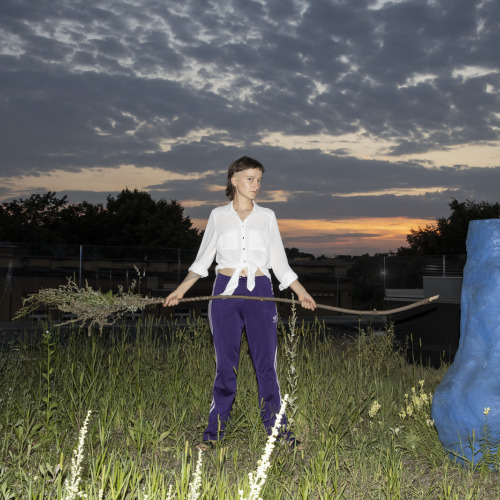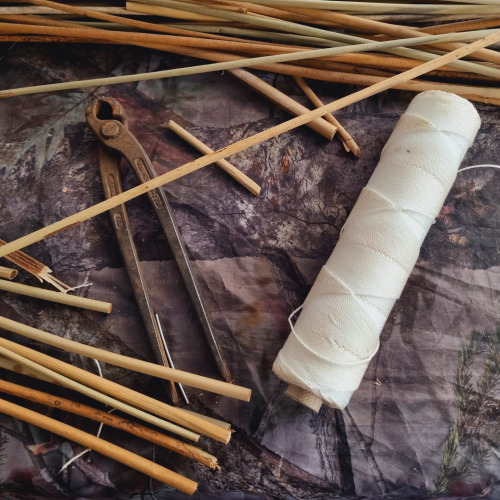
Slovenian Women in American Arts
Slovenian
women are a small entity within the melting pot of North
America. Yet their artistic and literary accomplishments are
considerable, perhaps even greater than their number might promise.
Slovenian-American women have achieved recognition in every expression, from
literature, drama and film to music, dance and the visual arts. Many women
inspired creativity within their communities in cities and settlements where
Slovenian cultural groups thrived. Others excelled at their crafts in
mainstream circles to attain national acclaim.
Women
from Slovenia emigrated to United States and Canada in greater numbers in the
1890s and were soon accepted as equal members in fraternal societies, choruses
and drama clubs. By World War I, women were encouraged to form auxiliary groups
within the new parishes and Slovenian cultural centers opening in industrial
cities, such as Cleveland, Chicago
and Pittsburgh,
as well as in farming and mining towns. Just as in Slovenia, women were usually
responsible for sustaining music and culture in the home. Some earned income
with traditional crafts, such as sewing, cooking, lace-making and plaiting
straw hats, and applied their detail-oriented skills to other trades, including
electrical assembly, pattern-making and foodservice.
Slovenian
women took advantage of the opportunities and technology available to them in
the New World to develop a level of artistic
expression which was unattainable or inaccessible to their cousins in the Old
Country. American women were the first to perform Slovenian music on radio,
television as well as in recorded recitations, a decade or more before
comparable media were established in Slovenia. Others found their
creative niche as newspaper editors, publishers, radio broadcasters,
performers, as well as music and drama directors - a generation before women
reached similar positions in Slovenia.
In some Slovenian-American communities, women of exceptional talent became
local legends.
Women's
lodges within Slovenian-American fraternal societies helped members to expand
their horizons as well as to work together for a common good through their
common interests, whether fund-raising projects, education, heritage and
faith-based activities, or political action. Two national organizations, the Slovenian Women's Union
of America
(SWUA, 1926) and the Progressive
Slovene Women of America (PSWA, 1934-2004) recognized the role of
wives and mothers in maintaining Slovenian traditions to enhance their lives as
American citizens. The groups' circles offered cooking, language and craft
classes, as well as lectures and events. Their publications connected far-flung
members and provided an outlet to write about local events and personal
experiences. After World War II, more women assumed leadership positions within
Slovenian-American cultural organizations and, today, are largely responsible
for maintaining these groups.
With
each successive generation, more Slovenian women left their close-knit
communities to follow their muses. A rare few achieved notice between the wars,
mostly in performing arts in New York and California. The literary
impulse of Slovenian-born women resurfaced after World War II in their
English-speaking, college-educated daughters as many of them excelled in
writing and journalism. Others established highly-regarded careers in music and
dance and have been honored for their work. Not many are known in fine arts,
photography or architecture, although some women are successful within their
local communities. While no superstar has yet emerged, on a par
with painter Frida Kahlo or film actress Lana Turner, Slovenian-American
women worked alongside them, as well as with famous men in the performing and
visual arts and literature, and built reputations of their own. Many artists
and writers from Slovenia
also studied, taught and performed in the United
States and Canada.
Slovenian
women who have made names for themselves in the arts in America are of more than just
passing interest. Although there may be nothing intrinsically Slovenian about
their genius, they still inspire and instill pride in Slovenes everywhere. They
reassure them that the daughters of such a tiny nation can achieve recognition
for their creative vision. And, when one of them does show something
distinctively Slovenian within her work, it is a gratifying bonus.
Joseph Valenčič
This
year‘s Festival also presents a photo exhibition from Joseph Valenčič’s personal archive,
entitled We Are Bold American
Women.
Organisation:
City of Women
In
collaboration with: Cankarjev dom
With
the support of: U.S. Embassy
Ljubljana, Slovenia; Skrivanek Prevajalske Storitve d.o.o


